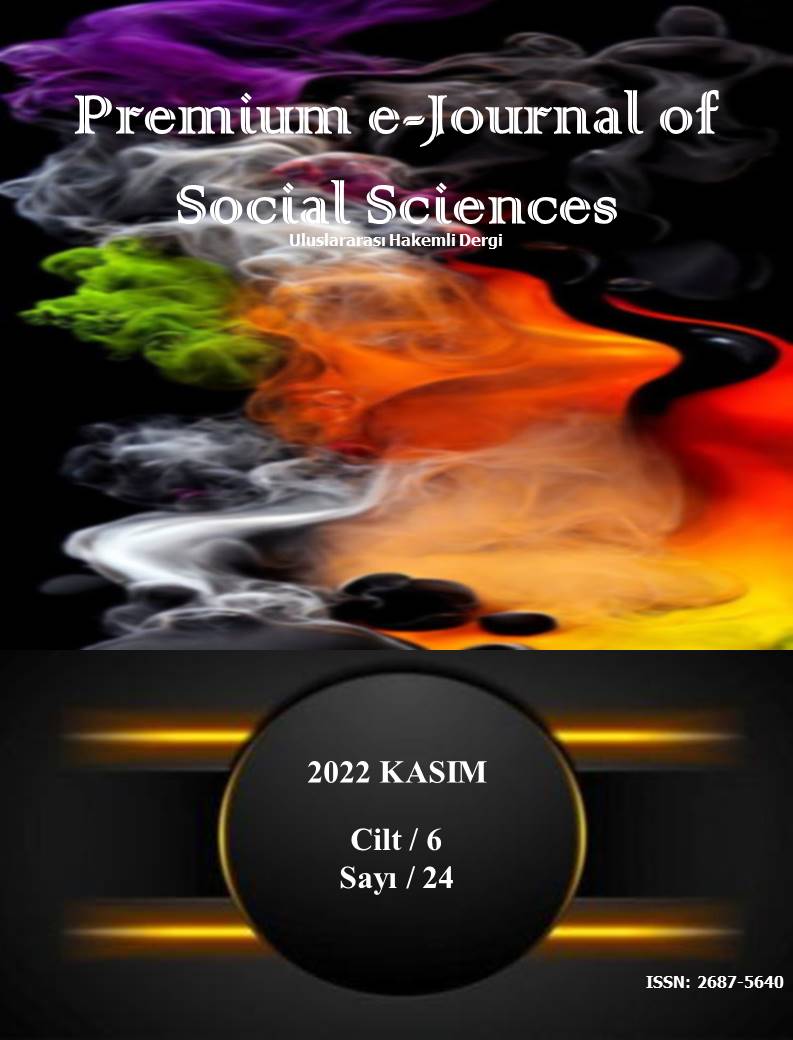THE INFLUENCE OF BELIEVING IN FATE AND DESTINY IN BUILDING OPTIMISM AND REJECTING PESSIMISM
DOI:
https://doi.org/10.37242/pejoss.4260Anahtar Kelimeler:
Fate, destiny, optimism, pessimismÖzet
The domination of matter over man and being away from religion made him live in a pessimistic psychological state, and the suffering increased with the spread of ignorance, wars, poverty, and environmental disasters. From the previous ideas appears the importance of this research to link the Muslim to his religion, taking the reasons for his good faith in God Almighty and relying on Him, believing that everything that happens in this universe is only by God
Almighty's will and destiny, so he calms himself, calm his heart, and lives a life full of optimism and hope. The research consisted of an introduction, a preface, three topics, and a conclusion:
The Introduction: highlights the importance of believing in fate and destiny in Muslim life, and its influence on building optimism and rejecting pessimism.
The preamble: contains the definition of the research vocabulary, fate, and destiny linguistically and idiomatically and their evidence from The Holy Qur'an and The Sunnah, and the definition of optimism and pessimism, linguistically and idiomatically.
The first topic: deals with the influence of believing in fate and destiny in alleviating calamities and sorrows.
The second topic: explains the influence of believing in fate and destiny in building positive and optimistic thinking.
The third topic: talks about the influence of the Islamic faith in dealing with pessimism.
The conclusion: includes the most important findings and recommendations.
The research concluded with several results, the most important of which is that the Islamic faith, which includes believing in fate and destiny as the only resort in relieving pressures in the face of calamities, building positive and optimistic thoughts, and fortifying against negative, pessimistic thoughts.
İndirmeler
İndir
Yayınlanmış
Nasıl Atıf Yapılır
Sayı
Bölüm
Lisans
Telif Hakkı (c) 2022 Premium e-Journal of Social Science (PEJOSS)

Bu çalışma Creative Commons Attribution 4.0 International License ile lisanslanmıştır.


